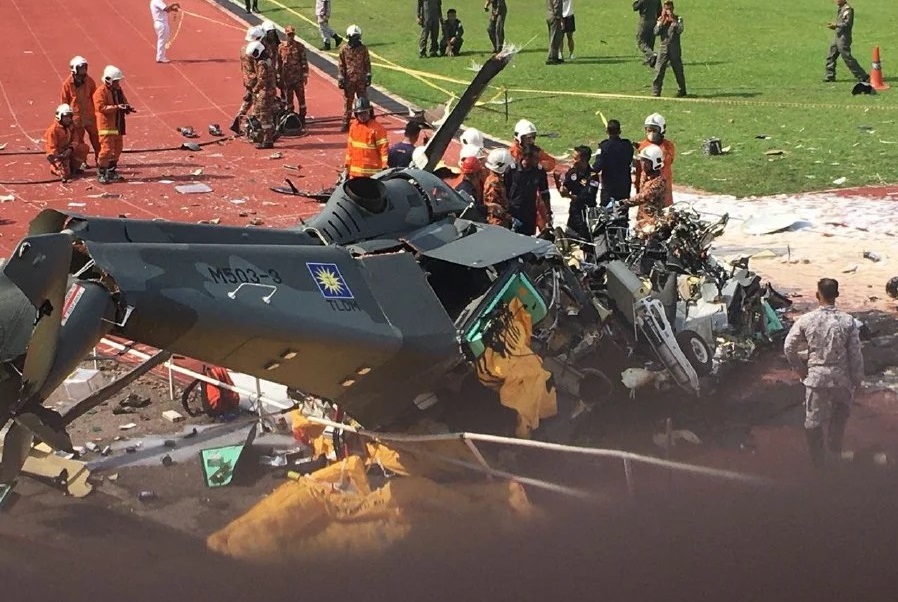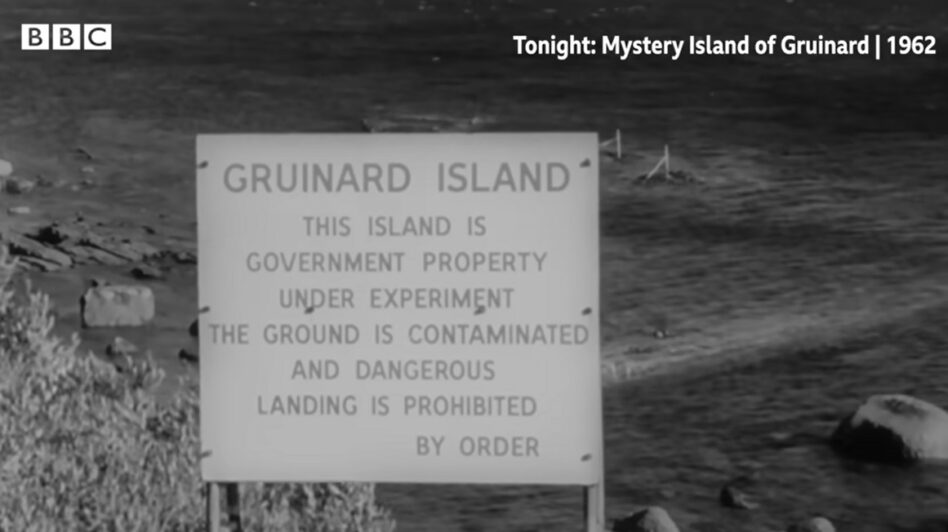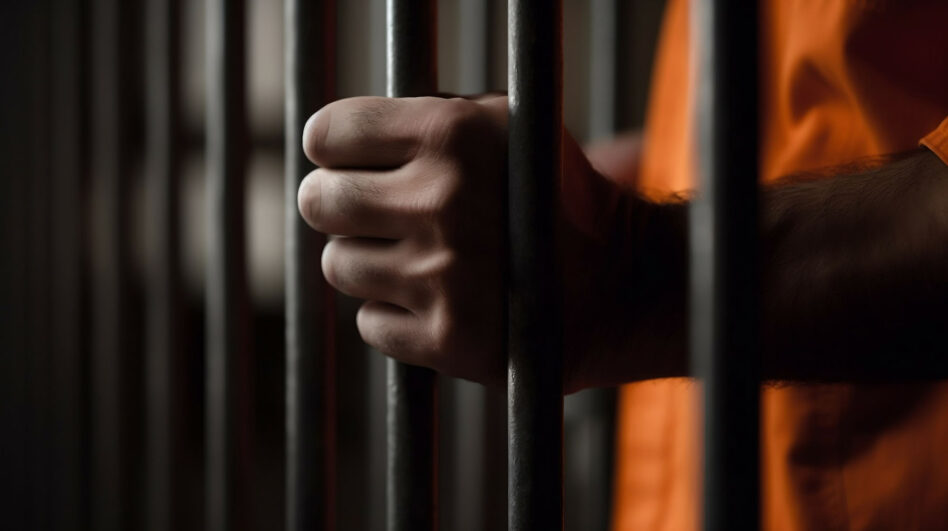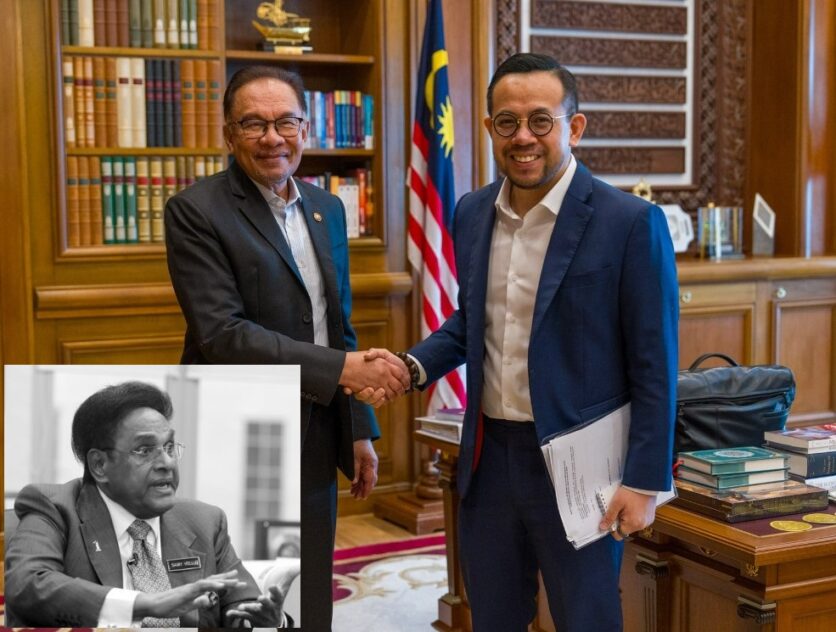ASK any casual observer about the type of essential services that are allowed to operate during the full movement control order (FMCO) order period and they would most probably draw up a blank.
This is no thanks to the clear-as-mud and inconsistent interpretation as to what really constitutes ‘essential services’. After one month into the country’s so-called ‘Phase 1’ of the National Recovery Plan (NRP) and yet, there is still plenty of confusion to go around.
Officially, only 17 essential service sectors are allowed to operate during the implementation of the total lockdown, and these include healthcare, telecommunications and media, food and beverage, utilities and banking, among others.
But yet, one particular sector stands out on the list: Community credit, including pawnshops and Ar-Rahnu (Islamic pawn broking).
The biggest question here is obviously why licensed money lenders are considered essential when others, including traditional and complementary medicine (TCM) practices and clinics are not, despite being allowed to operate during previous movement restrictions.
The Government’s restrictions means that chronic disease patients have no choice but to delay their treatments because they cannot receive continuous treatments, which will cause adverse effects.
Unfortunately lumped along with other sectors that are not allowed to operate during the lockdown are bookstores and stationary shops, computer and telecommunications, and carwashes – all of which are not even the root cause of the problems to begin with.
But why? More accurately, how are these more ‘dangerous’ or ‘less essential’ compared to others on the list? And don’t get us started on factories in the non-essential economic sectors that were given an exemption to operate during lockdown.
With so many of them been given the green light to operate, it’s a wonder that the number of COVID-19 cases have yet to skyrocket!
How is announcing that only 17 essential service sectors will be allowed to operate during the lockdown period while giving exemptions to non-essential services help the country flatten the COVID-19 curve?
Having lived with the coronavirus for more than a year now, one would have thought MITI to be wiser in deciding what’s essential and what is not.
But it’s still astonishing how the Malaysian definition of ‘essential services’ differs from that of, say, Singapore, the UK and the US, all of which are obviously better at handling the pandemic than Malaysia.
But as long as this confusion and inconsistency over something as trivial as the definition of ‘essential services’ be allowed to reign, it is perhaps safe to say that any hopes of the country moving on to the second phase of the NRP will remain just that – as pipe dreams. – July 11, 2021










